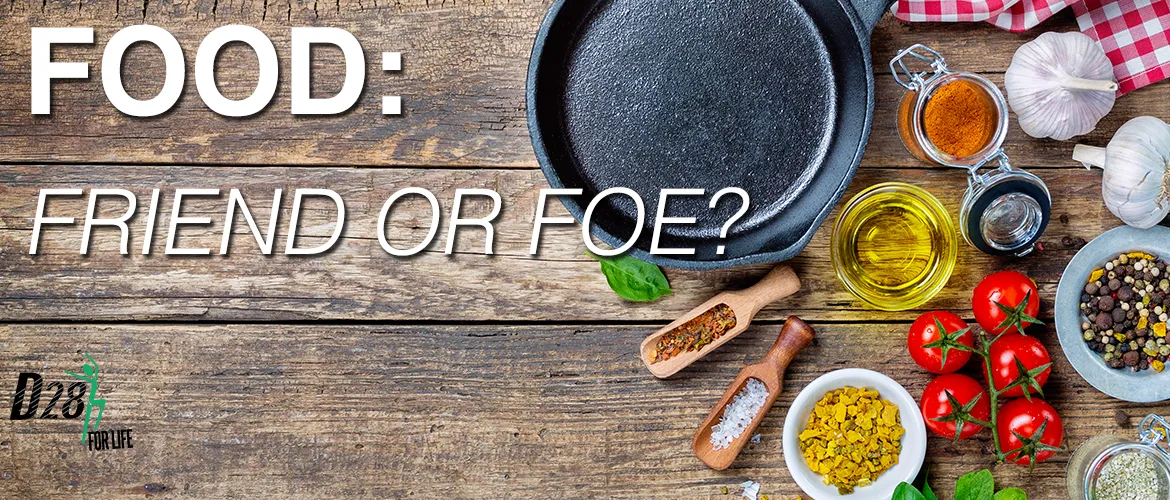When it comes to losing weight, research shows that the average person can only stick to a diet for 5.5 weeks1. The average adult spends between 28 and 31 years of their life on a diet2 and only 2.5-5% of people who begin a rigid, calorie-controlled diet will succeed in losing weight and keeping it off3.
So what’s the problem? Diet as we now understand it is a tool for losing weight. For most it means the pain of drastically reducing calories, eliminating major food groups or constantly watching, counting and obsessing over calorie intake. Simply put, our modern understanding of the word diet makes food the enemy.
Not so for our ancient counterparts. The great ancient Greek physician Hippocrates is quoted as saying “Let food be thy medicine, and let thy medicine be food.” The ancient approach to food and diet involved a much more holistic, lifestyle-oriented outlook. The idea was to eat foods that would invigorate the body, providing it with the nutrition for living a healthy, vibrant life while protecting it from disease. Food was not the enemy, it was the solution. Maybe this is why a small Greek island called Ikaria is thought to have the world’s highest rate of people living to be over 90 years old, or the reason why the Mediterranean diet has long been lauded as one of the healthiest in the world.
The word we use for diet comes from the Greek word diaita; meaning “way of life.” For long-term wellness we need to adopt this meaning, rather than viewing our diets as a mad rush to fit into our summer swimsuits. Our diets should be a whole life eating philosophy, leading us to embrace food as a means to optimal health and longevity. Weight loss will simply be a nice added benefit to a lifetime of healthy eating.

